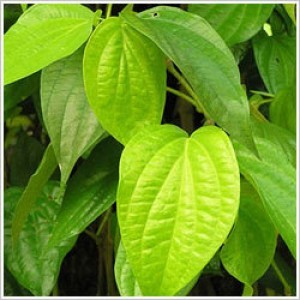
Betal Leaf Oil
Product Details:
- Storage Dry Place
- Gender Female
- Volume OIl Milliliter (mL)
- CAS No 100%
- Appearance Green
- Odour Natural
- Raw Material Leaves
- Click to view more
Betal Leaf Oil Price And Quantity
- 48000 INR/Liter
- 1 Liter
- 48000.00 - 55000.00 INR/Liter
Betal Leaf Oil Product Specifications
- Pure Essential Oils
- OIl Milliliter (mL)
- 100%
- Dry Place
- Store in cool dry place
- Female
- Leaves
- 100%
- Herbal Extract
- Green
- Other
- 03 Years
- Natural
Betal Leaf Oil Trade Information
- jaipur
- Paypal, Western Union, Telegraphic Transfer (T/T)
- 1000 Liter Per Month
- 4 Days
- Yes
- Sample costs shipping and taxes has to be paid by the buyer
- CUSTOMIZED
- Australia, Central America, North America, Eastern Europe, Western Europe, Africa, Middle East, South America, Asia
- All India
- ISO 2009-2015
Product Description
cientific classification Kingdom: Plantae(unranked): Angiospermae(unranked): MagnoliidaeOrder: Piperales Family: PiperaceaeGenus: PiperSpecies: P. betle Binomial name Piper betle.Betel leaf has an important place in auspicious and religious rituals, marriages and other social ceremonies of India. The specific spicy burning taste of this leaf is derived from the presence of volatile oil consisting of phenols and terpenes etc.
The presence and proportion of the various components in the oil vary markedly among the cultivars which makes them differ in aroma and taste.
Betel leaves are useful in treatment of nerve pains, nervous exhaustion and general debility. The juice of a few betel leaves with a teaspoon of honey acts as a tonic if taken twice a day. The leaf juice is mixed with milk, sweetened and taken for easing urination, soaked in mustard oil, warmed and applied to the chest to relieve cough and difficulty in breathing, applied to treat inflammations, rheumatisms and orchitis.
Betel is an herb that is very advantageous. Contains an antiseptic in its entirety. The leaves are widely used to treat nosebleeds, eye redness, discharge, then a loud voice, and many others, including erectile dysfunction.The nutrients present in betel leaves include Iron, Aluminium, vitamins like B and C etc.It exhibits carminative, stimulant, astringent and aromatic properties. It is good for sweet breath, voice improvement, clearing throat and for removing bad odour of mouth. It also acts as aphrodisiac.
The leaf has good smell along with sharp taste and this improves taste and appetite.
It lessens thirst and strengthens teeth.
Betel leaf juice is a tonic to brain, heart, liver and other internal organs.
Effective to improve bowel action in the case of constipation.
When applied to the temples, it is effective to provide relief from head ache.
Relieves pain of swollen glands.
Leaf juice is effective to cure eye problems and night blindness.

Price:
- 50
- 100
- 200
- 250
- 500
- 1000+


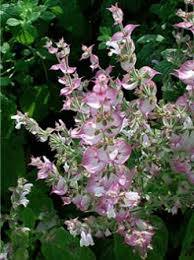
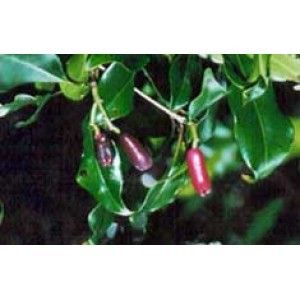
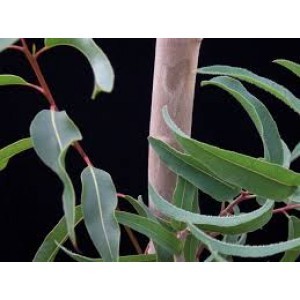
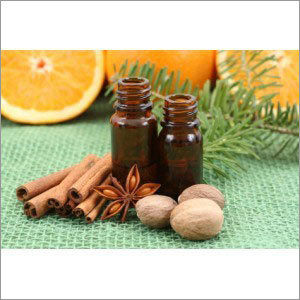


 Call Me Free
Call Me Free
